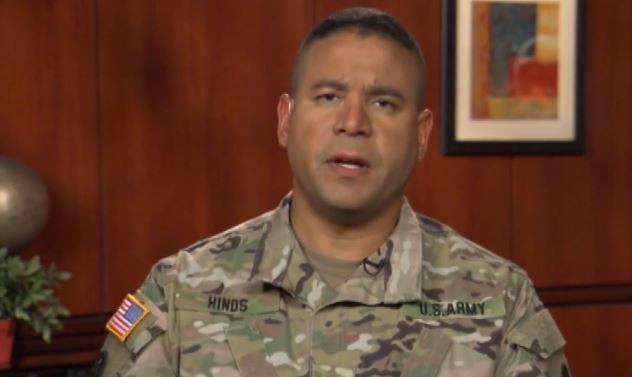A traumatic brain injury (TBI) awareness initiative from the Defense and Veterans Brain Injury Center (DVBIC) has released new videos of service members and veterans who sought help for brain injuries. The personal stories of Ed Rasmussen, Brian O’Rourke, Randy Gross and Sue Davis can be found atdvbic.dcoe.mil/aheadforthefuture and on the YouTube channel of the Defense Centers of Excellence for Psychological Health and Traumatic Brain Injury.
Rasmussen, a retired Navy senior chief petty officer, experienced multiple concussions as a result of years of exposure to explosions during training. The Virginia Beach, Virginia, resident dealt with memory loss, sleep issues and behavior changes until his wife encouraged him to get checked out. Rasmussen now tells others who may have experienced a TBI to “talk to somebody you know who has one — because we’re out there.”
Signs and symptoms of brain injury — particularly concussion — can be hard to recognize. Experts recommend consulting with a health care provider.
“Often, individuals do not know they have an injury, and TBIs go undiagnosed,” said Army Col. Sidney Hinds, the national director of DVBIC and a neurologist. “We are educating our men and women in uniform that the first step in recovery from TBI is getting checked out.”
The A Head for the Future video series features service members and veterans sharing their stories of recovery from brain injury with treatment and family support.
According to data from the Defense Department, more than 330,000 service members have been diagnosed with TBI since 2000. Most TBIs are diagnosed in noncombat settings. Common causes of TBI include motor vehicle collisions, falls, training accidents and sports-related incidents. Among service members, concussions are the most common types of noncombat brain injuries.
A Head for the Future, a multiyear initiative from DVBIC, encourages help-seeking behavior and promotes awareness, prevention of and recovery from TBI, including concussion. The initiative offers educational resources, such as information about the signs and symptoms of TBI, and fact sheets with tips about avoiding brain injuries in day-to-day activities.
Visit dvbic.dcoe.mil/aheadforthefuture to learn more,

















